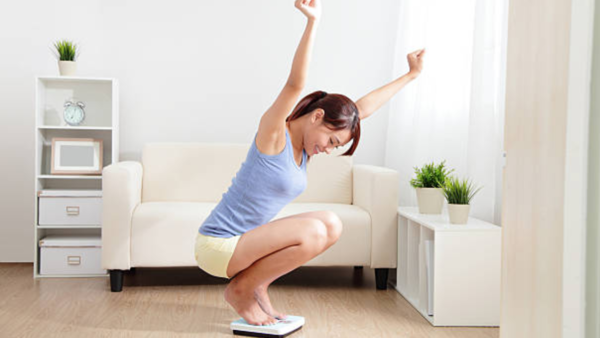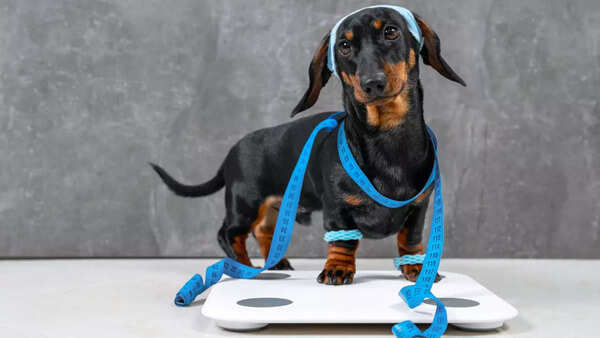Confused with weight scale reading? The fitness coach reveals the right time to weigh itself.

Enthusiastic of fitness, especially those who are trying to lose weight or gain weight are obsessed with weight scale. While it is important to check your progress, it should not only be based on weight scale numbers. Why? Because the scale can be a difficult tool. So, is a right way to measure your body weight? Yes, when you weigh yourself, it matters. Fitness and nutrition coach Ashley Digiacomo Shwartz (the link shared below) shared when you should weigh yourself if you want an accurate understanding of your progress.

(Representative image)
The coach emphasizes that the number does not always tell the whole story. “If you are constantly stepping on a scale and discouraged, it can happen because you are weighing yourself at the worst time,” she shares in a post shared on Instagram. Before you understand when to weigh yourself, you should know when not.
When not weighing yourself?

After exercising: People weigh themselves immediately after completing their workouts. It is natural to step on weight scale and find numbers, but it is important to understand that progress is not immediate. The coach notes that the post-workout, the number on the waiting scale can lead to drinking water and can do exercise after the workout, or it can all be done by sweating out. “Either way, it is mostly just water weight, not real fat loss or profit,” she shares.
After a big meal: Just indulged in a hearty dinner? Leave the scale. The scale will survive upwards. “You are full. Certainly, the number is going to be more. This does not mean that you have received fat – this means that you have food sitting in your stomach,” she says.

During your period or luteal phase: The fitness coach also notes that it would not be a great idea to step on weight scale when you are in your period. Hormonal changes during the menstrual cycle, especially in the luteal phase, can cause inflammation, inflammation and water retention. And as a result, the number can go up. “And let’s be honest – you are already emotional, so don’t make it worse by getting mad on a scale,” she gives advice.
Just before bed: After the whole day of eating, drinking and moving forward, your weight is naturally higher at night. Schwartz emphasizes leaving the scale just before the bed, because, ‘that number means nothing’.
After a high-postium or high-carb meal: If you eat pizza, sushi, or sugar takeout, do not weigh yourself. “Whatever is, both sodium and carbs hold the water. No fat. So if you step on the scale after salty or carb-bearer food, yes, it can be a spike … but it is just the weight of the water,” she says.
When should you weigh your weight?
So the question is really, what is the right time to step on that scale? The fitness coach recommends weighing himself in the morning. “The first thing in the morning, after using the bathroom, completely naked,” she insists.
Now when ‘when’ is sorted, how many times should you weigh? She asks to keep it continuously. For those who prefer weekly weight-in, they suggest choosing a midweek day like Wednesday to avoid the effects of weekends. She also advises against taking progress photos after any of these time, as ‘it is not helpful and it will just play with your mindset’.
Instagram post read here:




